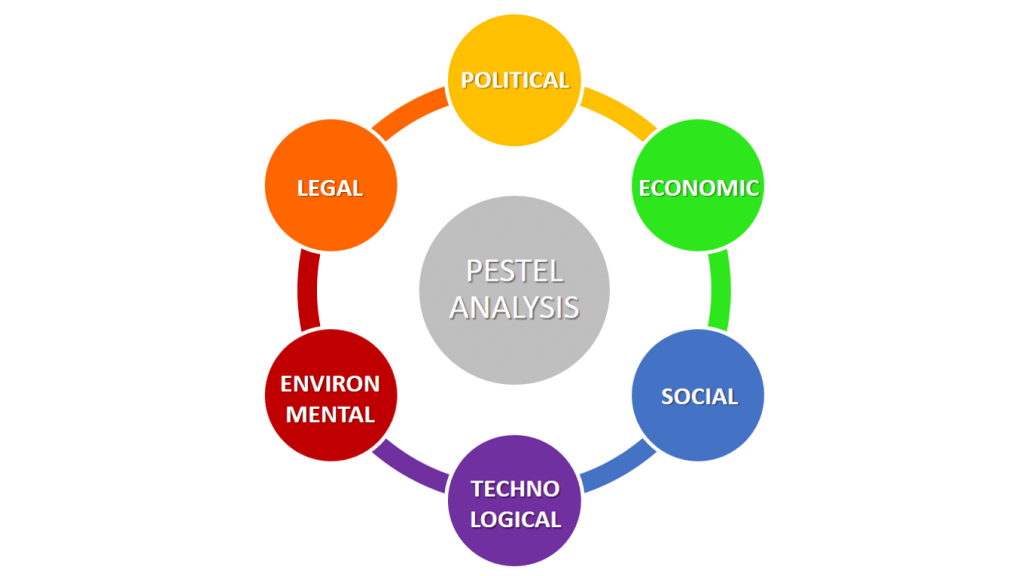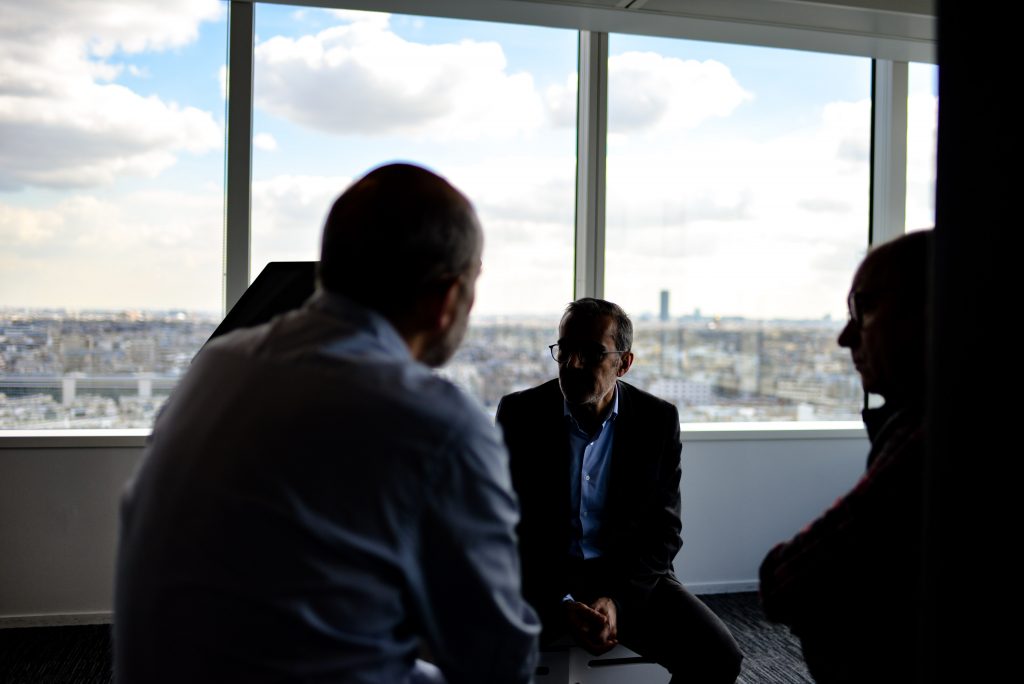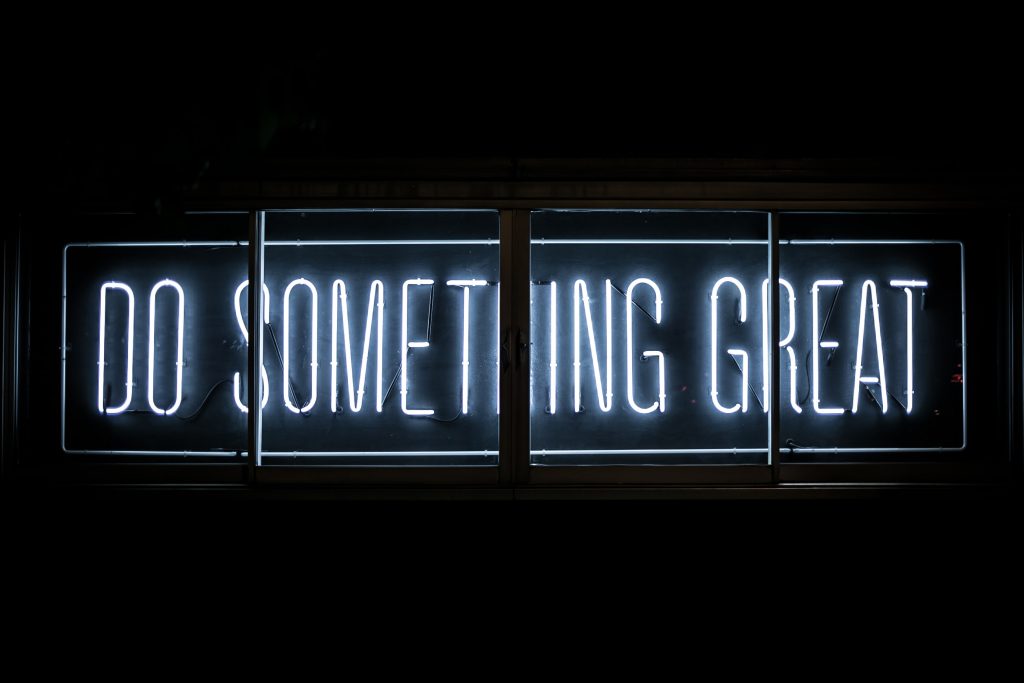In the global economy that we live in today, everything and everyone is connected and inter-dependent. The demand for companies to grow multi-nationally has grown exponentially since the pandemic started last year. Internet boom in the late ’90s and 2000s had been instrumental in the dramatic rise in international business. Now, it seems to have exploded manifold.
The scale and scope of business operations are not limited to one country. While the raw material is procured in one country, it is manufactured or assembled in a different country and marketed and sold in yet another. Businesses have crossed boundaries set by a country’s borders. They operate and thrive on foreign land. It is however not the same as operating in the homeland. Before setting foot on the foreign land and expanding, a business must familiarise itself with the land’s laws, legal system, social and economic conditions, political system, and culture. All these factors have a significant impact on the running of the business and its bottom-line.
Laws affect every business, whether it is being operated as a ‘brick and mortar store or selling goods/services online. Different countries have different legal systems established to protect the country’s economy and trade and preserve their social, economic, cultural, political environment.
National governments have an important relationship with global businesses. Governments tend to control and manage their trade relationships with an array of policies like taxation laws, tariffs, subsidies, currency controls, import-export policies, free-trade zones, and so on. For instance, China is a Communists government, and the government formulates and strictly controls all business sector laws.
On the other hand, India has a democratic government, and business laws are made to protect small businesses and consumers.
There are three types of legal systems: 1. Civil law, 2. Common law and 3. Religious law. Countries like the United States, India, and Australia use common law systems; Germany, France, and Russia use civil law systems and countries like Pakistan, Middle Eastern countries, Saudi Arabia and Iran operate on Islamic laws. Therefore, it is imperative for any business to fully understand the legal system that it is going to operate in and abide by its rules and regulations for conducting a business.
Here are four ways in which international business law affects trade and things every business must research well before venturing into the country or region to avoid any failures:
1. Taxes
Taxes take a major cut out of a company’s profits. When it comes to taxes, companies should do their homework well. From how much taxes are levied on the goods and services, manufacturing or selling, to how the taxes should be charged, i.e., either include taxes in the sale price or charge extra tax, the businesses must follow the standards set by the law. Companies like to operate in countries that offer attractive tax regimes with low tax rates on income, capital gains, and dividend income. Singapore, for these reasons, has been one of the most popular locations for companies to set up offices in the country and enjoy its lowest corporate tax rates.
2. Intellectual property
Legalities around intellectual property can be complicated and expensive. Trademarks, copyright, and patents are intellectual properties that every business needs to guard and protect. Countries take extra measures to attract international business by establishing stringent IP protection laws and reducing piracy. Governments across the world have established several acts and international conventions to protect international businesses and resolve issues if any arise. The Paris Convention for the protection of Industrial property, the United Nations Convention on contracts for International Sale of Goods, the Foreign Corrupt Practices Act, the Madrid Protocol, the Singapore Treaty, the Nice Agreement, the Patent Law Treaty and the Hague agreement are a few of the many international treaties formed to protect international business and trade.
3. Supply Chain and Infrastructure
Establishing an effective and efficient infrastructure is the backbone of any successful business. Cheap sources of raw material can help companies to have huge profit margins. International business laws exist that regulate international shipping, export and import duties.
4. Labour Laws
While cheap labour attracts foreign investment into a country, labour laws exist to protect human resources from any exploitation. The textile and footwear industry are among the many industries that have shifted their manufacturing operations to Asian countries that offer cheap labour. The Rana Plaza collapse, an incident in a Bangladeshi factory, happened in 2013 but is still fresh in the memory of many who lost their near and dear ones in this event. The plaza collapsed, killing thousands of its workers due to large structural cracks and poor labour protection laws. The incident stirred up an international movement and led to the establishment of International Labour Law (ILO). The ILO is the source of international labour law that is embodied in its Conventions, recommendations and the documents that emanate from the supervisory mechanism responsible for applying those international labour standards.
These are a few of the things that any organization should take into account before venturing out into international business. If these legalities are correctly taken care of, legal counsels suggest that companies can maximise their bottom lines and enjoy huge revenues and profits. If International business law interests you or you would like to understand it better, join our one-year Online Master of Laws programme specialising in International Business Law.














































